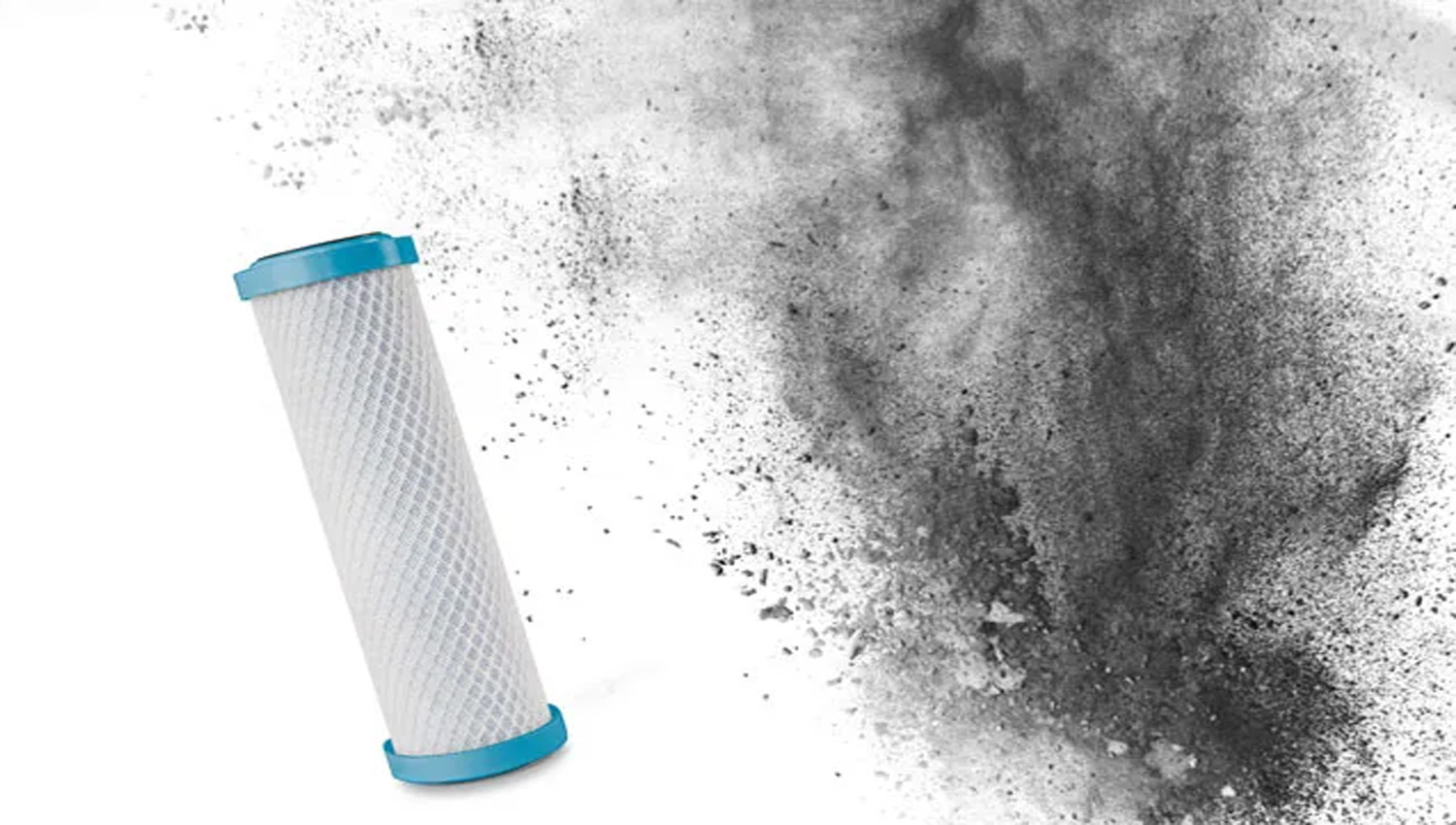

OFFER!!! OFFER!!! OFFER!!!
Buy filters at a really discounted price when you buy in bulk….Get more pay less!!
Sediment filters are commonly used in water filtration systems to remove suspended particles and sediments from water. These filters are designed to capture and trap solid particles such as sand, silt, rust, and other debris that may be present in the water supply.
The primary purpose of sediment filters is to improve the water quality by reducing or eliminating particles that can affect the taste, appearance, and overall clarity of the water. Sediment filters are often the first line of defense in a multi-stage water filtration system, as they help prolong the life of subsequent filters by preventing larger particles from clogging or damaging them.
Sediment filters come in various forms, including spun polypropylene, pleated, string-wound, and ceramic filters. Spun polypropylene filters are made of a continuous wound, thermally bonded polypropylene fibers, which create a porous structure capable of trapping sediment particles. Pleated filters have a larger surface area and can hold more sediment, providing longer filter life. String-wound filters are made by winding a string-like material around a core, which helps in capturing different-sized particles. Ceramic filters are composed of tiny pores that effectively trap sediment and bacteria.
The choice of sediment filter depends on factors such as the size and type of particles in the water, the flow rate required, and the level of filtration needed. Sediment filters are typically rated based on their micron rating, which indicates the size of particles they can effectively capture. Common micron ratings for sediment filters range from 1 to 50 microns, with smaller micron ratings providing finer filtration.
It’s important to note that while sediment filters are effective in removing solid particles, they may not be sufficient for addressing other water quality issues such as dissolved contaminants, chemicals, or microorganisms. Additional filters, such as activated carbon filters or reverse osmosis membranes, may be required for comprehensive water purification.
Regular maintenance and filter replacements are essential to ensure the sediment filters continue to perform effectively. The frequency of filter replacements will depend on the specific system and the quality of the water being filtered. Manufacturers usually provide guidelines on when to replace filters based on usage or pressure drop across the filter.

